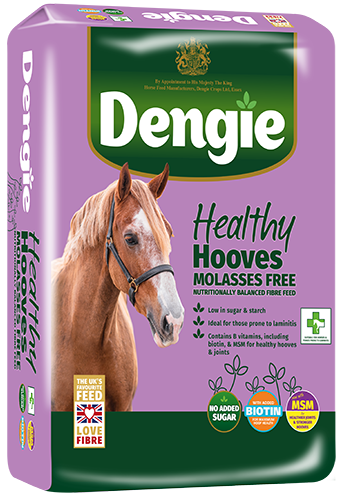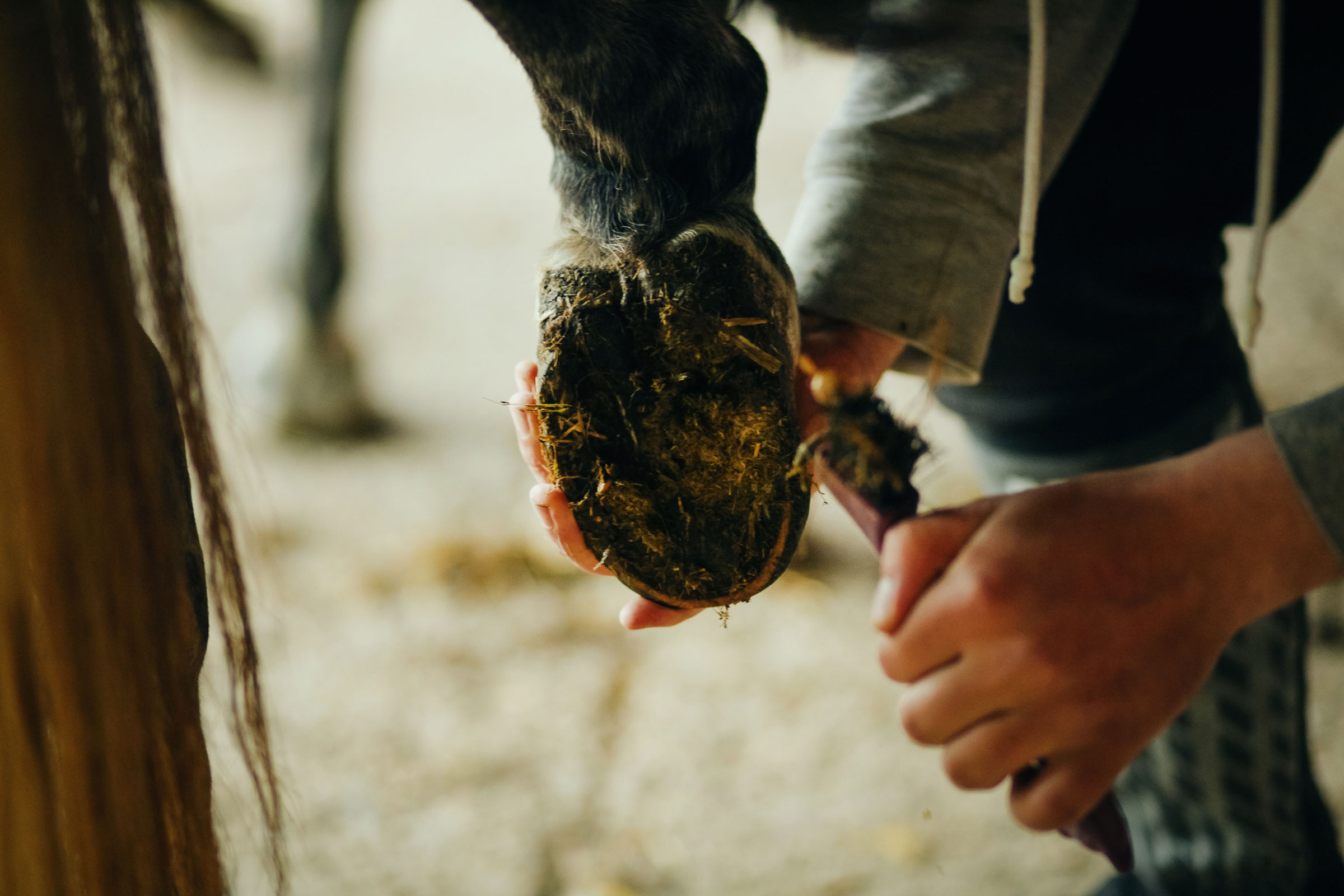Feeding Horses with Hoof Problems: A Detailed Guide

Caring for horses with hoof problems requires a specialized approach to nutrition that supports hoof health and overall well-being. This article explores the best feeding practices, essential nutrients, and dietary adjustments to help horses recover and maintain strong hooves.
Understanding Hoof Problems in Horses

Hoof problems can range from mild issues like cracks and chips to severe conditions such as laminitis and thrush. These problems often stem from poor nutrition, improper hoof care, or environmental factors. Proper feeding plays a crucial role in managing and preventing these conditions.
Key Nutrients for Healthy Hooves
| Nutrient | Role in Hoof Health | Food Sources |
|---|---|---|
| Biotin | Supports keratin production, strengthens hooves | Alfalfa, oats, supplements |
| Methionine | Amino acid essential for hoof protein synthesis | Soybean meal, fish meal |
| Zinc | Aids in tissue repair and immune function | Wheat bran, pumpkin seeds |
| Copper | Important for collagen formation and hoof integrity | Liver, nuts, grains |
| Omega-3 Fatty Acids | Reduce inflammation and improve hoof quality | Flaxseed, fish oil |
Feeding Strategies for Horses with Hoof Issues
- Balanced Diet: Ensure the horse receives a diet balanced in energy, protein, vitamins, and minerals.
- Avoid Excess Sugars and Starches: High sugar and starch intake can exacerbate laminitis.
- Supplementation: Use hoof supplements containing biotin, methionine, zinc, and copper as recommended by a veterinarian.
- Hydration: Maintain adequate water intake to support metabolic processes.
Sample Daily Feeding Plan
| Feed Type | Quantity | Notes |
|---|---|---|
| Forage (Hay/Grass) | 1.5-2% of body weight | Primary energy source, high fiber |
| Concentrates | Limited or none | Avoid if prone to laminitis |
| Supplements | As per vet advice | Include hoof-specific nutrients |
Common Questions About Feeding Horses with Hoof Problems
Q1: Can diet alone heal hoof problems?
A1: While diet is critical, hoof problems often require combined management including proper farriery and veterinary care.
Q2: Are there specific supplements proven to improve hoof health?
A2: Yes, biotin and methionine supplements have been shown to promote hoof growth and strength.
Q3: How long does it take to see improvement in hoof condition after dietary changes?
A3: Hoof growth is slow; noticeable improvements may take several months.
Conclusion
Feeding horses with hoof problems involves careful selection of nutrients and feeding practices that support hoof repair and prevent further damage. Collaborating with a veterinarian and farrier ensures a holistic approach to hoof health.
This expanded content provides a structured, informative, and SEO-friendly article framework that can be further developed into a full blog post with detailed explanations and practical advice.
